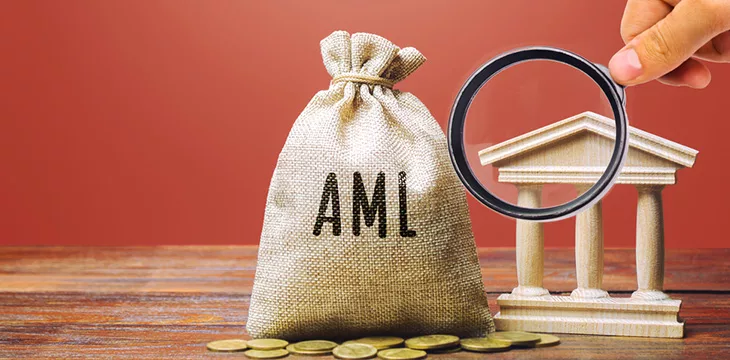The Financial Action Task Force (FATF) has added Kenya to its gray list, increasing scrutiny of the East African country’s anti-money laundering (AML) and terrorist financing (CFT) measures.
FATF, the Paris-based global organization that sets the tone for AML policy, announced:
It was moved to the gray list last Friday. We added Kenya and Namibia and removed the United Arab Emirates and Barbados. Kenya’s neighbor Uganda also disappeared from the list after four years.
Kenya, along with its neighbors Tanzania and Sudan, also includes Africa’s economic powerhouses South Africa and Nigeria. Other notable countries include the Philippines, Turkije, and Croatia.
Kenya’s Finance Minister Njuguna Ndung’u acknowledged the inclusion on Friday morning. “This inclusion highlights the need for rapid and comprehensive action to strengthen our compliance efforts,” he said.
Kenya’s inclusion in the gray list is not unexpected. From 2021, the Eastern and Southern Africa Anti-Money Laundering Group (ESAAMLG), a regional AML body and FATF associate member, has assessed the AML rankings of East African countries. The 2022 report identified some strategic deficiencies in Kenya’s AML and CFT framework, some of which have not been fully addressed.
FATF does not have the authority to impose fines or penalties. However, including a country on a gray list or blacklist (for serious offenders such as Iran or North Korea) limits its ability to secure multilateral funding and reduces its attractiveness as an investment destination.
An International Monetary Fund (IMF) report examining 89 gray list countries from 2000 to 2017 found that capital inflows fell by 7.6% of gross domestic product (GDP). Foreign direct investment fell by 3%, and other investment in these countries fell by 3.6%.
Kenya forms ‘cryptocurrency’ working group
Although being graylisted is a big blow, the Kenyan government has pledged to implement policy changes to meet FATF’s standards.
“There are still strategic deficiencies that require urgent attention, but Kenya is committed to the comprehensive and rapid implementation of the FATF Action Plan,” Ndung’u told media.
Supervision of digital assets has emerged as one of the key considerations for FATF. Some countries, such as Türkiye, remain on the gray list due to ‘cryptocurrency’ oversight deficiencies, despite having addressed all 39 other concerns raised by the Paris organization.
Kenya recognizes that digital assets must be regulated to be included in FATF’s good list. To achieve this, the Treasury has set up a new working group to advise the government on digital assets and draft regulations for the sector. According to a local daily, the group is working with Kenya’s financial intelligence agency, the Financial Reporting Center (FRC).
“We currently have sector-specific working groups developing policy documents to guide the work that needs to be done and the development of a legal framework that sets out the regulators of digital asset providers,” said FRC Director-General Saitoti. Micah told Business Daily:
Maika acknowledged that it is important for Nairobi to regulate digital assets, adding, “Perhaps we will have an independent regulator for virtual assets. We can’t bury our heads in the sand. “The more we fail to comply with regulations, the greater the risk of punishment.”
Kenya, like all other African countries, currently lacks a comprehensive digital asset policy. The East African country relies on existing regulations and regulators, including the Capital Markets Authority (CMA), to oversee the sector, which has been growing rapidly for several years. Kenya has been in the top three for peer-to-peer transactions for the past four years. It ranks 21st in 2023 adoption rate.
“There have been concerns that Kenyans are engaging in trade, but as a country we do not know to what extent the proceeds flowing from this space will enter the financial system. We are reminded that as a nation we become more sophisticated, we must respond to the risks,” the FRC head said.
SEE: RegTech, KYC and Blockchain from CoinGeek Zurich
Are you new to blockchain? To learn more about blockchain technology, check out CoinGeek’s Blockchain for Beginners section, our ultimate resource guide.


